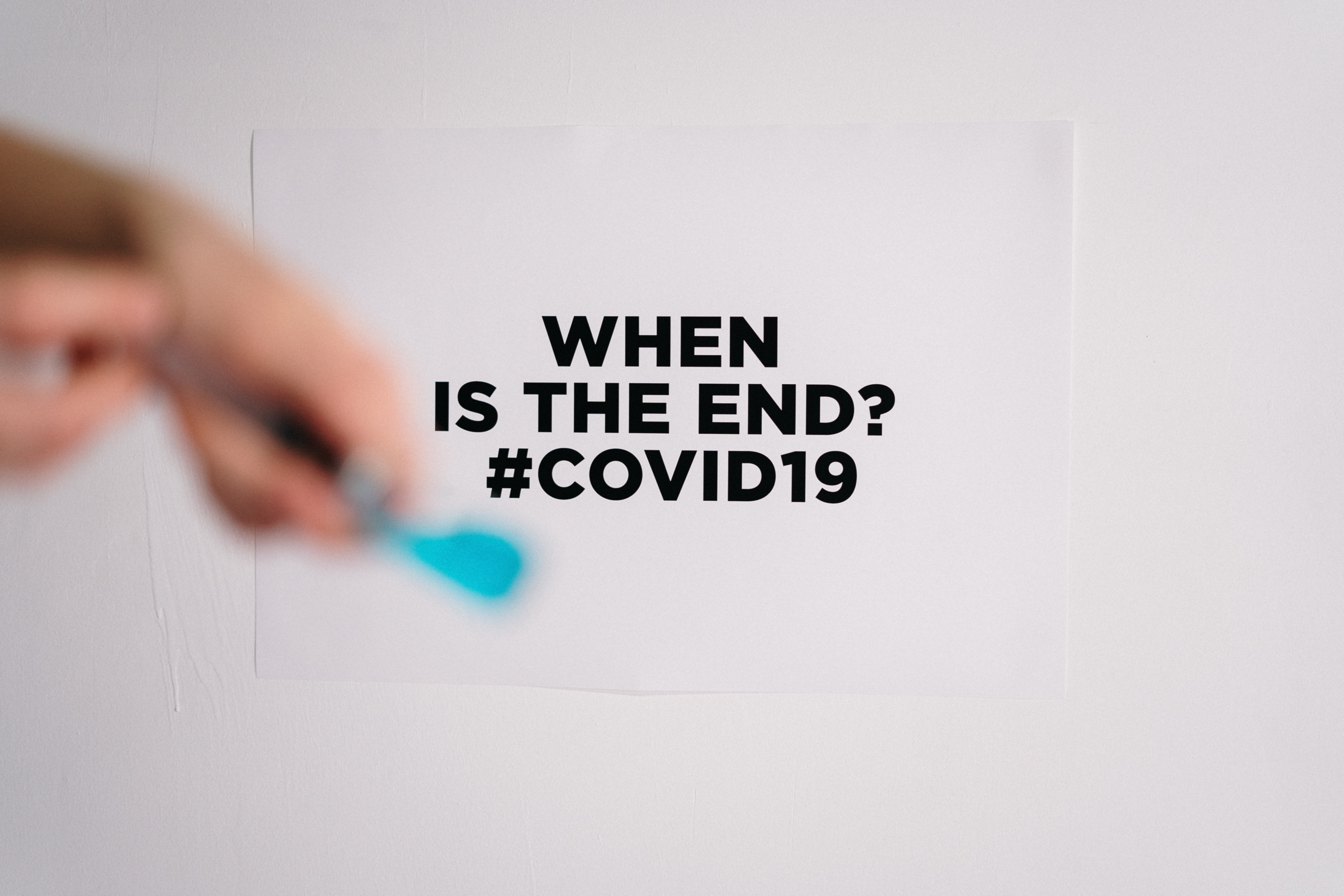Politicians and pundits alike are still speaking of the COVID pandemic as though it remains the dominant force in the culture. Meanwhile, most of the rest of the world has moved on. For healthcare recruiters, moving on means finding a way to be more successful in light of what the pandemic did to the recruiting environment.
The COVID pandemic has had a profound impact on healthcare hiring. More than two years after coronavirus came to our shores, healthcare recruiting is still feeling its influence. No doubt that such will be the case for the foreseeable future. Recruiters need to adapt to the changes and make the best of things.
Below are five things to note about healthcare recruiting in 2022. Each one comes from data extrapolated from the AAPPR’s 2022 physician recruiting white paper.
1. Elective Procedures Continue to Suffer
Elective medical procedures were all but halted during the first few months of the pandemic. Even though they are available again, the healthcare industry is not performing nearly as many elective procedures as it did before COVID. Meanwhile, doctors and nurses previously practicing mostly elective medicine find themselves working in emergency departments, critical care units, etc.
2. Recruiting Departments Are Smaller
It stands to reason that shutting down elective procedures brought a lot of recruiting departments to a standstill. Large healthcare employers simply hit the ‘STOP’ button on all recruiting efforts. Jobs were put on hold. Some were lost.
Today, it appears that recruiting departments continue to be smaller than they were. Whether or not the industry will bring all their former recruiters back remains to be seen. The same goes for staffing agencies and independent recruiting contractors.
3. Database Quality Matters
Smaller recruiting departments forces recruiters to do more with less. The most successful rely on high quality healthcare datasets they know they can trust. Indeed, it doesn’t make sense in an industry as competitive as healthcare recruiting to rely on data that is several years old and may not be complete.
If nothing else, the COVID pandemic forced healthcare into the digital arena. That can only help recruiters. As more information makes it to healthcare databases, recruiters will have more to work with in their search for doctors, nurses, advanced practitioners, and all the rest.
4. Remote Work and Flexibility Matter, Too
Recruiting departments and staffing agencies are quickly discovering that some of their employees do not want to return to the office. They prefer remote work. They also prefer flexible work schedules that allow them to maximize their work time without sacrificing off time.
We have definitely seen a trend toward remote and flexible work since the start of the COVID pandemic. In some industries, it is not possible to offer widespread remote work and flexibility. But that’s certainly not the case for healthcare recruiting. HR departments and staffing agencies can let their people continue working remotely.
5. Virtual Is the New Normal
Finally, the best healthcare datasets only get recruiters so far. They still need to interact with candidates. That’s where virtual recruiting comes into play. These days, in-person interviews are out and virtual interviews are in. Surprisingly, AAPPR data appears to show that virtual interviews improve the rate at which job candidates accept offers. For some reason, candidates seem to respond better to video interviews than in-person meetings.
There is little doubt that the pandemic has had a profound effect on healthcare recruiting. Everything from healthcare databases to how recruiters contact and interact with candidates has been impacted. COVID continues to affect things, and probably will for the foreseeable future.

